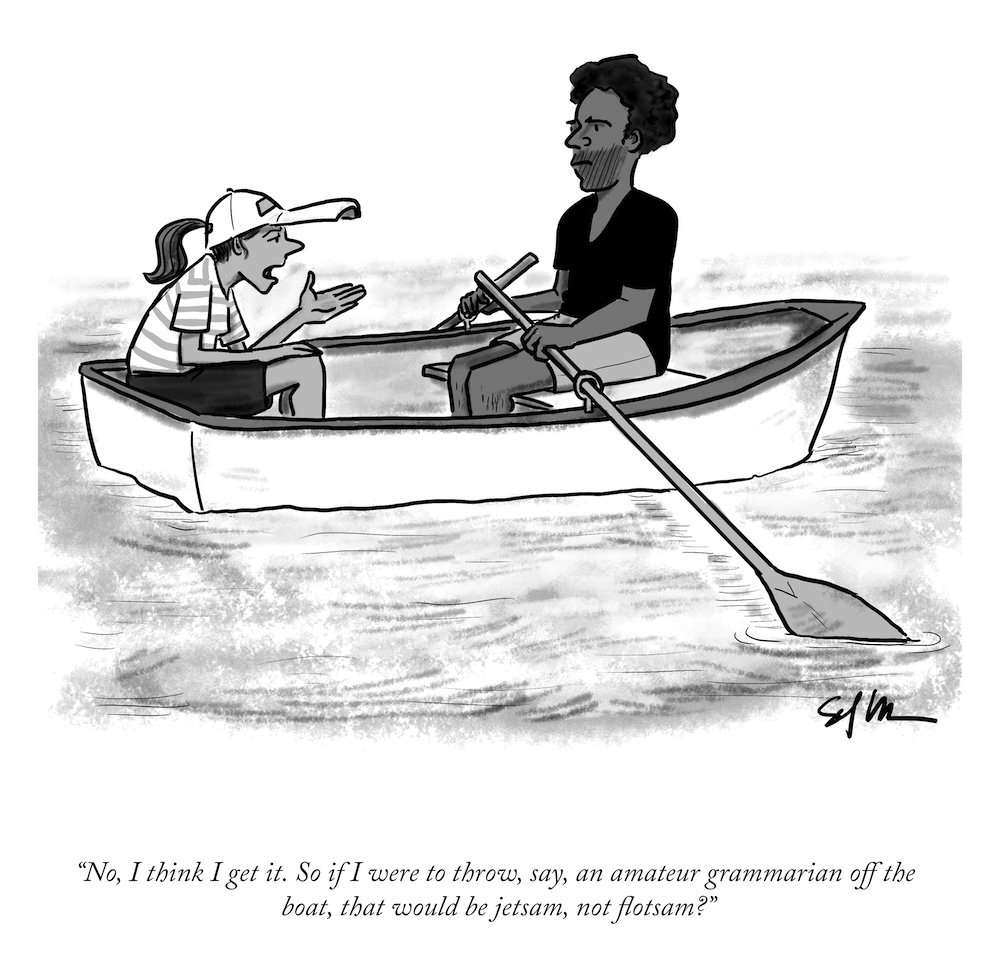
Because it is laid out in columns, this site doesn't display properly on a phone held vertically.
Please turn it sideways.

Because it is laid out in columns, this site doesn't display properly on a phone held vertically.
Please turn it sideways.
You like tomayto and I like tomahto... don’t get hung up on unimportant detail.1

You like tomayto and I like tomahto... don’t get hung up on unimportant detail.1
Many of us were taught at school that split infinitives are ungrammatical. An infinitive in English is constructed as ‘to’ + the verb, as in ‘to go’. A split infinitive happens when an adverb is placed in the middle: ‘to boldly go’. But we all know that it sounds much better that way than ‘boldly to go’ or ‘to go boldly’.

Early linguists thought it ungrammatical because they based their grammar on Latin, where an infinitive is just a single word, so can’t be split. Most modern linguists and style guides think it’s not a problem.
The trouble is that not everyone believes the liberal message about split infinitives. Or sentences that start with a preposition. And there can be heated debates about the Oxford comma.
But I’ve found it’s rarely worth having fights with clients about this. These things will always annoy those who are annoyed by them, and most of the time nothing important hangs on the decision. My colleague David Lewis used to describe them as ‘lumps in the custard’ – you can argue that it’s just as nutritious and tasty, but people are happier without them.
1. Let’s call the whole thing off, George and Ira Gershwin.
Cartoon by Sofia Warren, New Yorker. Reproduced with permission
Representing the conservative tendency: Lynne Truss (2005). Eats, Shoots & Leaves: The Zero Tolerance Approach to Punctuation, Profile Books Ltd.
and for the antidote see David Crystal (2006). The fight for English: How Language Pundits Ate, Shot, and Left, Oxford University Press.